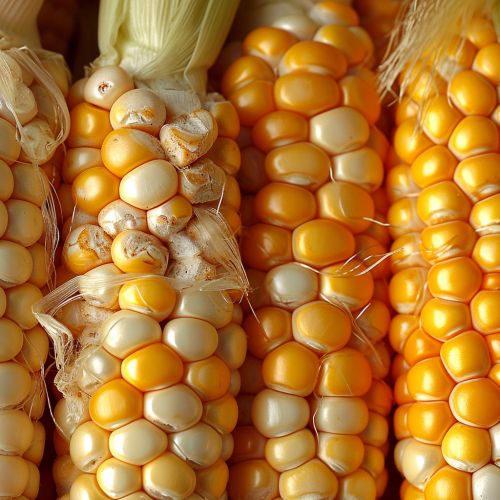Genetically Modified Food Controversies
Introduction
Genetically Modified Foods (GM Foods) or biotech foods are foods derived from GMOs. GMOs have had specific changes introduced into their DNA by genetic engineering techniques. The enhancement of desired traits has traditionally been undertaken through breeding, but these conventional plant breeding methods can be very time-consuming and are often not very accurate. Genetic engineering, on the other hand, has the potential to create plants with the exact desired trait very rapidly and with great accuracy.
History of Genetic Modification
The concept of genetically modifying food has its roots in the dawn of agriculture when humans first began to crossbreed different species of plants. The first genetically modified plant was produced in 1983, using an antibiotic-resistant tobacco plant. In 1994, the Flavr Savr tomato was approved by the FDA for marketing in the US - the modification allowed the tomato to delay ripening after picking. Currently, there are a number of food species in which a genetically modified version exists.
Methods of Genetic Modification
There are several methods of genetic modification used to alter the genetic makeup of organisms. These include selective breeding, mutagenesis, genetic engineering, and gene editing techniques such as CRISPR. Each of these methods has its own advantages and disadvantages, and the choice of method depends on the specific goals of the modification.


Benefits of Genetically Modified Foods
There are several potential benefits to the production and consumption of genetically modified foods. These include increased nutritional content, improved taste and texture, decreased pesticide use, and the potential for more efficient and sustainable farming practices. For example, genetically modified rice known as Golden Rice has been engineered to contain higher levels of Vitamin A in order to combat vitamin A deficiency in populations where rice is a staple food.
Controversies and Concerns
Despite these potential benefits, there are several controversies and concerns associated with genetically modified foods. These include potential health risks, environmental impacts, issues of GMO labeling, and ethical considerations. Some people worry that consuming genetically modified foods can lead to allergic reactions or other health problems, although scientific evidence has so far not supported these concerns.
Regulation of Genetically Modified Foods
The regulation of genetically modified foods varies widely by country. In the United States, the FDA, USDA, and EPA all have roles in regulating genetically modified foods. In the European Union, genetically modified foods are subject to a more stringent regulatory process.
Future of Genetically Modified Foods
The future of genetically modified foods is uncertain, with new technologies and research continually emerging. The development of gene editing techniques such as CRISPR has opened up new possibilities for the genetic modification of food. At the same time, public opinion and regulatory challenges continue to play a significant role in shaping the future of genetically modified foods.
